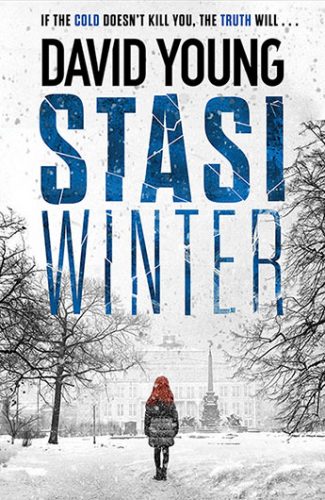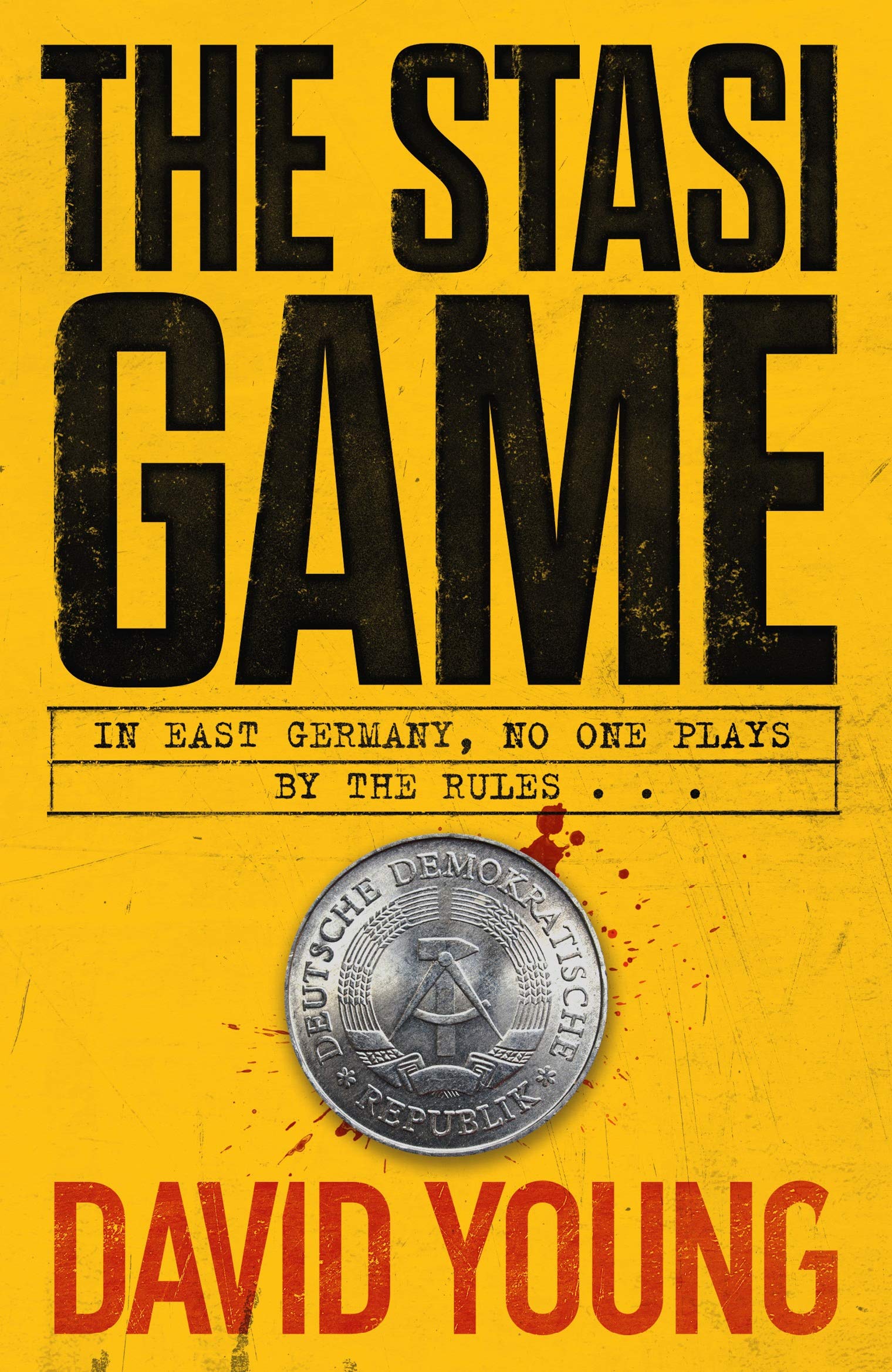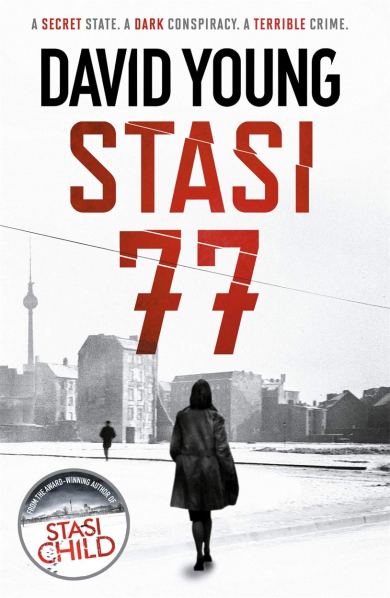
If the cold doesn’t kill you, the truth will.
As ever, the latest story in David Young’s Stasi series demands your attention with a chilling strapline, an intriguing cover and a tale of an impossible task. Karin Muller wants to know the truth about the murders she investigates, but in 1970s East Germany, the truth is irrelevant. Fear and mistrust are endemic in a world where anyone – your neighbour, your friend, your daughter – could be a Stasi informant. Prepare to be chilled to the bone.
What’s it about?
When Major Karin Muller and her team, Kriminaltechniker Jonas Schmidt and Hauptmann Werner Tilsner, are sent to investigate an apparent accidental death on the island of Rugen, they know that there must be more to the case than the local authorities are willing to divulge. Besides which, who would leave their house to go shopping, dressed in light indoor clothes, during East Germany’s bitterly cold ‘catastrophe Winter’? When Muller recognises the corpse she knows it was murder: the real question may be whether there was anyone who didn’t want to kill them.
As always, the Stasi (more formally known as East Germany’s ‘Ministry of Security’ – the secret police) are determined to hush up any scandal, so Muller’s team are forced to operate covertly. That’s par for the course by now, (although Muller wonders that they’ve been allowed to investigate at all,) but operating at all in the midst of a snow storm that has caused at least one death, a power cut and snowdrifts as high as some of the island’s houses is posing some new problems. Young’s winter is fierce, relentless and threatens to destroy anyone foolish enough to stand in its way. Much like the Stasi, in fact, who dislike Muller so much I am forced to wonder how she has survived so far, never mind how she will survive when forced to venture out onto the frozen Ostsee…
What’s it like?
Thrilling. Chilling. Breath-taking. Young’s narrative unearths a constantly shifting mixture of hope and cruelty; a community in which honorifics are traded freely but deep mistrust and fear thrives underneath the surface at all times.
I love the shocks in this series because they always ring horrifyingly true. After admitting to behaviour that could be considered horribly cold hearted and opportunistic, Irma Behrendt, a main voice in ‘Stasi Winter’ and ‘Stasi Child’, exhorts readers to consider, ‘Would you really have done anything different?’ It is a particular strength of Young’s characterisation and story telling that we are not easily able to reject this uncomfortable question.
How would any of us have fared in this brutal Republic, where having a loving family makes you vulnerable to persistent manipulation from the almost omnipotent Stasi? Would we bend? Would we break? What makes someone decide to conform or flee? This has always been a concern of Young’s Stasi novels, but here it is the central interest of this enthralling Spy thriller.
Final thoughts
Over the course of this series, Muller has begun to appreciate that the communist Republic she believes in does not always believe in her or in its own citizens, but she has maintained a certain naivety that allowed her to conclude the previous book with a real sense of personal agency. Now, Young uses the return to Rugen (originally featured in ‘Stasi Child’, Young’s excellent debut novel) to disillusion his earnest detective with what may prove to be a knockout punch.
You could read this as a standalone book; Young explains all the necessary background at the relevant points. However, these do amount to spoilers of the previous books and, as they are all engrossing reads, I would strongly advise reading them in order if you like the sound of this.
I have thoroughly enjoyed reading all these books and look forward to reading about Muller, Tilsner and Schmidt’s next case in Young’s forthcoming (and likely final novel in the series) ‘The Stasi Game’.
‘Stasi Winter’,
David Young,
2020, paperback, Zaffre
My reviews of previous Stasi books can be found here: ‘Stasi Child‘, ‘Stasi Wolf‘, ‘A Darker State‘ (subsequently renamed ‘Stasi State’) and ‘Stasi 77‘.


